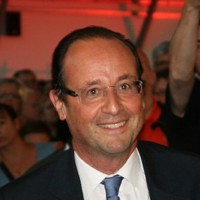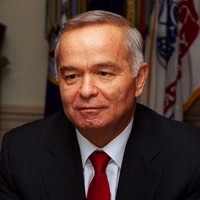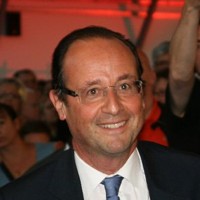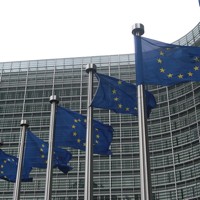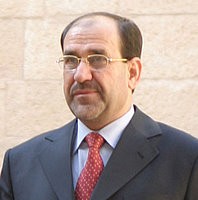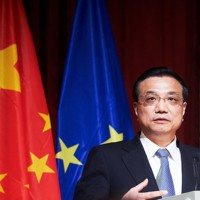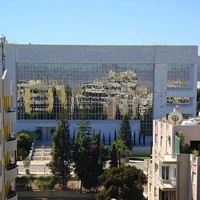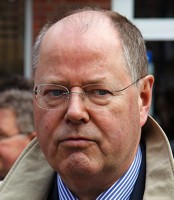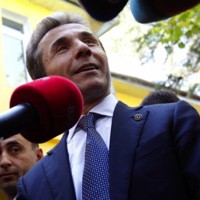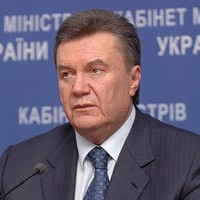
The Party of Regions, the governing party of Ukrainian President Viktor Yanukovych, is on track to retain control over parliament after claiming victory in elections held over the weekend. The results of the widely criticized polling reflected the persistent fault lines that divide the country’s moderate center, its European-leaning western region and the pro-Russian east. “The good news is that Ukrainians voted in large numbers and that the parliament will now be more diverse,” Alexander Motyl, a professor of political science and deputy director of the Division of Global Affairs at the Rutgers Newark College of Arts and Sciences, told […]


